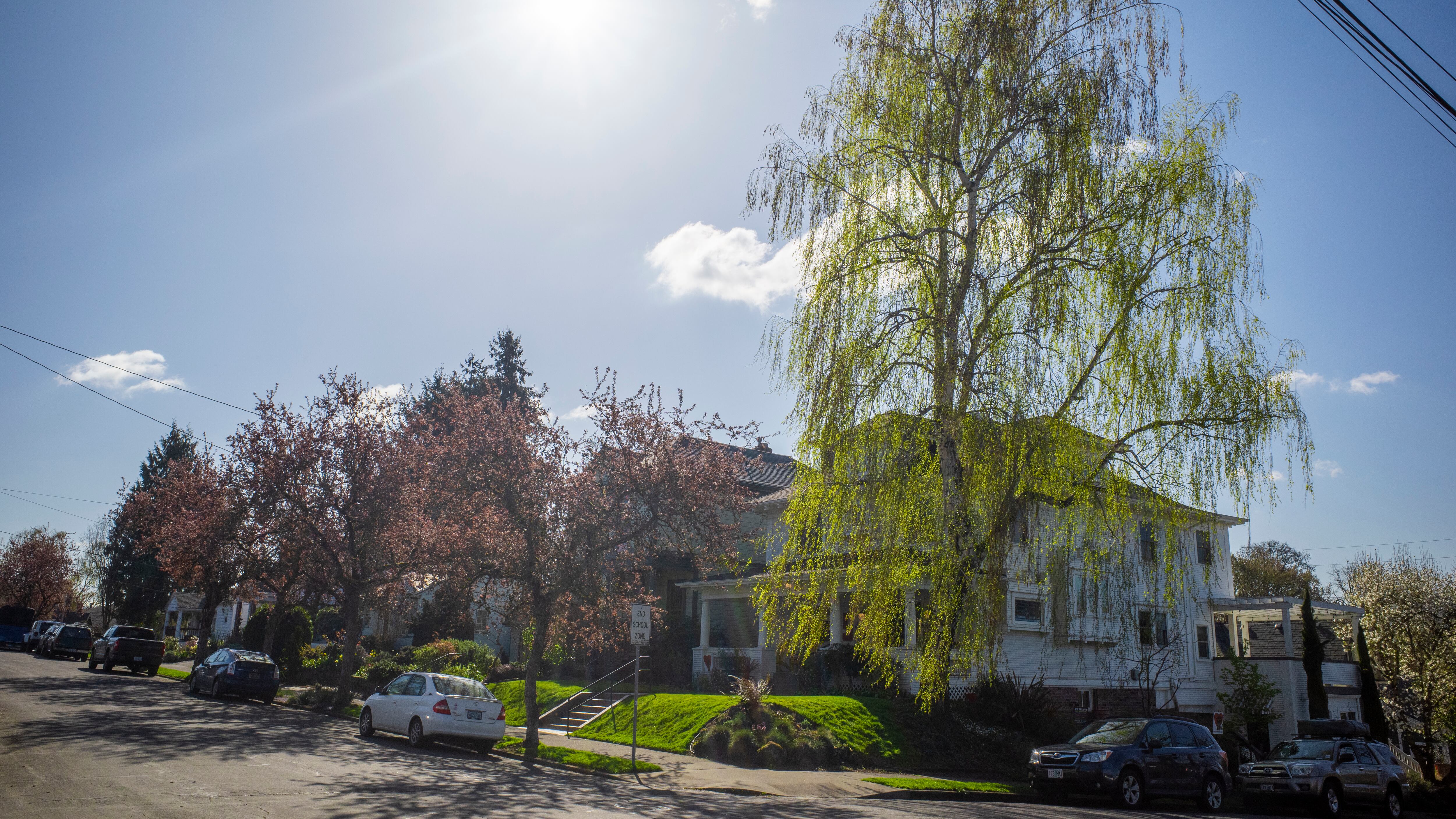Airbnb announced Wednesday morning that it won’t allow property owners to list their homes on the short-term rental marketplace after evicting a tenant based on nonpayment, after the eviction moratorium lifts in two weeks.
Both Oregon and the national moratorium on evictions are set to expire on June 30, requiring tenants to pay current rent on July 1. (Oregon tenants have until February 2022 to pay back rent.) On Thursday, the Oregon House approved an amendment to a Senate bill that prevents evictions based on nonpayment for an additional 60 days so long as tenants can prove they’ve applied for rental assistance. It now goes back to the Senate floor.
Airbnb said in a statement it will work with cities to figure out which new listings had recently evicted tenants for nonpayment, and block them from submitting the listing.
One catch: Cities have to cooperate with the tech company and identify landlords who have recently evicted tenants.
That’s a problem. No one at the city nor the county seems to know who would be responsible for supplying such information to Airbnb.
Airbnb’s statement took some city officials by surprise, who told WW it’s the first they’ve heard of it.
What ensued after Airbnb’s surprise announcement was a game of hot potato between city and county officials, none of which seemed to know who Airbnb was hoping to partner with on this initiative.
The mayor’s office said it hadn’t heard of the policy until Airbnb’s press release, and referred WW to the Bureau of Development Services, which issues short-term rental permits.
A spokesperson for BDS told WW that Airbnb’s announcement was the first they’d heard of this new policy, and that “We don’t look at previous eviction information in reviewing short-term rental permit applications and are not clear on where there might be a central resource at the city for tracking evictions.”
They recommended WW contact the Portland Housing Bureau to see if it keeps track of evictions.
A spokesperson for Multnomah County also referred WW to the Housing Bureau, saying the county is not responsible for tracking evictions.
Shannon Callahan, Director of the Housing Bureau, said “the first we’re learning about this is through Willamette Week” and added that “county circuit court maintains a database of eviction actions that go through the court system.”
So how does Airbnb intend to work with cities if there’s no body that tracks evictions?
“Our expectation is that partners will provide Airbnb with court orders for evictions for nonpayment of rent, which we can cross-check against the addresses of active Airbnb listings. That said, as we have through our regulatory work with thousands of municipalities worldwide, we hope to work hand-in-hand with our partner jurisdictions to identify the best procedure to implement this policy,” an Airbnb spokesperson said.
Aribnb’s statement on Wednesday read, in part, that “Pursuant to this initiative, jurisdictions can partner with Airbnb to implement this policy by sharing information about properties that may be listed on Airbnb and that are subject to an eviction order based on nonpayment of rent from July 1, 2021 through the end of the year.”
The company says it is unable to locate such information itself.
“While evictions are public once filed, various public agencies within a jurisdiction are often involved in the eviction process, making it difficult for Airbnb to obtain the relevant information we would need to execute this policy,” a spokesperson tells WW. “And, as cities manage their court orders, we rely on them to share with us the information needed to efficiently and effectively execute this policy. Given this, it is essential that we develop information-sharing partnerships with cities to implement the [policy].”
Margot Black, a local housing advocate, says most evictions don’t even make it to the courts. In order to avoid being saddled with a legal eviction on their record, many people will just up and leave before it goes to eviction court.
And eviction notices aren’t tracked. Black says they can be as informal as being scribbled on the back of a napkin “and that would lawful.”
As far as evictions that make it to court, Black says no one from the county or city tracks those: “No one cracks open those records and does any tracking or mandatory reporting to the city or county or the Joint Office of Homeless Services.”
There’s another huge irony in Airbnb’s request: For several years, the company fiercely battled Portland City Hall’s efforts to regulate and tax its clients, by resisting handing over data about who was listing a home or apartment on the website. And short-term rental companies have been regularly criticized for reducing housing supply as Portland rents skyrocketed.
Now the company is pledging to act in the best interest of tenants—by asking local Portland and county officials to hand over court records without knowing who exactly will be able to do that, if anyone.
“I saw [Airbnb’s statement], and I thought, you’re not going to know. You’re not going to know that this unit had become vacant because someone was evicted,” Black says.
